TSSM'S BHIVARABAI SAWANT COLLEGE OF ENGINEERING AND RESEARCH
S No 12-1-2 and 12-2-2 Narhe, Taluka- Haveli, Near Sanas Crane, Pune-Bangalore Highway, Pune, Maharashtra 411041
Approved By AICTE and Affiliated To Savitribai Phule Pune University
Facilitation Center - 6649
ACCREDITED BY NAAC WITH "A" GRADE
Engineering Science
The Department of Engineering Sciences is working as a supporting department to all the Engineering Departments. Mathematics and Mathematical Sciences are mathematically rich subjects and they also possess extensive range of applications in many other fields such as: Physics, Chemistry, Engineering and Industry, Medical Sciences, Ecology, Management, Economics and Finance, Military Applications, and many others.
Vision
To develop competent engineers who can apply basic knowledge of engineering and science to serve the society.
Mission
To instill the importance of Basic Science and develop natural talent for Engineering and Technology which in turn shall mould the student into a com petent professional.
Program Educational Objectives (PEO)
NA
Program Specific Objectives (PSO)
NA
Program Outcomes (PO)
- PO1. Engineering knowledge: Apply the knowledge of mathematics, science, engineering fundamentals, and an engineering specialization to the solution of complex engineering problems.
- PO2. Problem analysis: Identify, formulate, research literature, and analyze complex engineering problems reaching substantiated conclusions using first principles of mathematics, natural sciences, and engineering sciences.
- PO3. Design/development of solutions: Design solutions for complex engineering problems and design system components or processes that meet the specified needs with appropriate consideration for the public health and safety, and the cultural, societal, and environmental considerations.
- PO4. Conduct investigations of complex problems: Use research-based knowledge and research methods including design of experiments, analysis and interpretation of data, and synthesis of the information to provide valid conclusions.
- PO5. Modern tool usage: Create, select, and apply appropriate techniques, resources, and modern engineering and IT tools including prediction and modeling to complex engineering activities with an understanding of the limitations.
- PO6. The engineer and society: Apply reasoning informed by the contextual knowledge to assess societal, health, safety, legal and cultural issues and the consequent responsibilities relevant to the professional engineering practice.
- PO7. Environment and sustainability: Understand the impact of the professional engineering solutions in societal and environmental contexts, and demonstrate the knowledge of, and need for sustainable development.
- PO8. Ethics: Apply ethical principles and commit to professional ethics and responsibilities and norms of the engineering practice.
- PO9. Individual and team work: Function effectively as an individual, and as a member or leader in diverse teams, and in multidisciplinary settings.
- PO10. Communication: Communicate effectively on complex engineering activities with the engineering community and with society at large, such as, being able to comprehend and write effective reports and design documentation, make effective presentations, and give and receive clear instructions.
- PO11. Project management and finance: Demonstrate knowledge and understanding of the engineering and management principles and apply these to one’s own work, as a member and leader in a team, to manage projects and in multidisciplinary environments.
- PO12. Life-long learning: Recognize the need for, and have the preparation and ability to engage in independent and lifelong learning in the broadest context of technological change.
Prof. V. V. Ankolekar
Head of Department M. Tech (Thermal and fluids engineering)
vinay.ankolekar@gmail.com
FESA’ of First Year Engineering Science
‘FESA’ of First Year Engineering Science Department is an organization formed by the students which works for the students. The basic aim of FESA is to enrich students with different qualities to add dimensions to their personality so that every student emerges as multi-functional engineer who is globally recognized. The motto of FESA is to mould one’s personality in such a way that one becomes equally competent in all streams of engineering. In the recent years FESA has been working hard to press the students towards the zenith of developing them in an all round fashion and in years to come, it shall be consistent but with lateral improvements.
Vision
- To encourage the youth to recognize the abilities and thereby personality development through extracurricular activities.
Mission
- To provide services through activities adopting technical solutions.
Objective
- To Encourage and motivate the outside class room studies, workshops, Projects, Technical activities, Seminars, etc.
- To provide platform for overall personality of the students.
- To create awareness in students for organizing and participating different technical events.
- To plan, organize Technical Programs, Special Lectures, Workshops, Seminars, exhibitions for the benefit of students.
- To provide common platform for students for exchange of ideas in technical topics of interest. e.g., curriculum, technical activities, higher educational opportunities, emerging trends, etc.
Outcome
- Conduct technical and non technical activities for overall development of students.
- Platform created to deploy individual and collective talents of students.
- Students got prepared for interviews, group discussions, Presentations, leadership skills, technical and Administration skills.
- Create competitive, Socialistic and highly interactive environment in the department.
- Work as an individual and as a team member/ leader in multicultural and multidisciplinary teams.



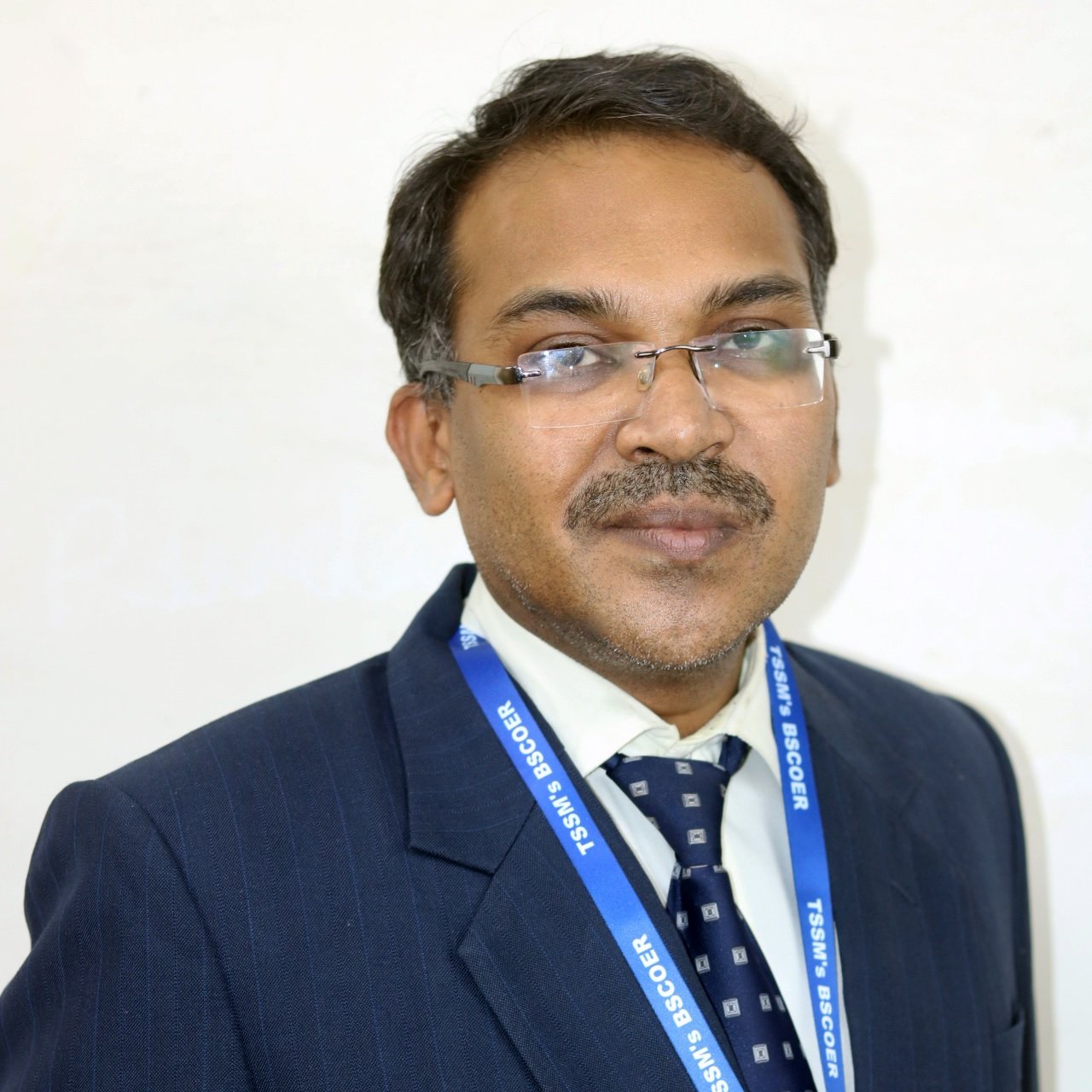
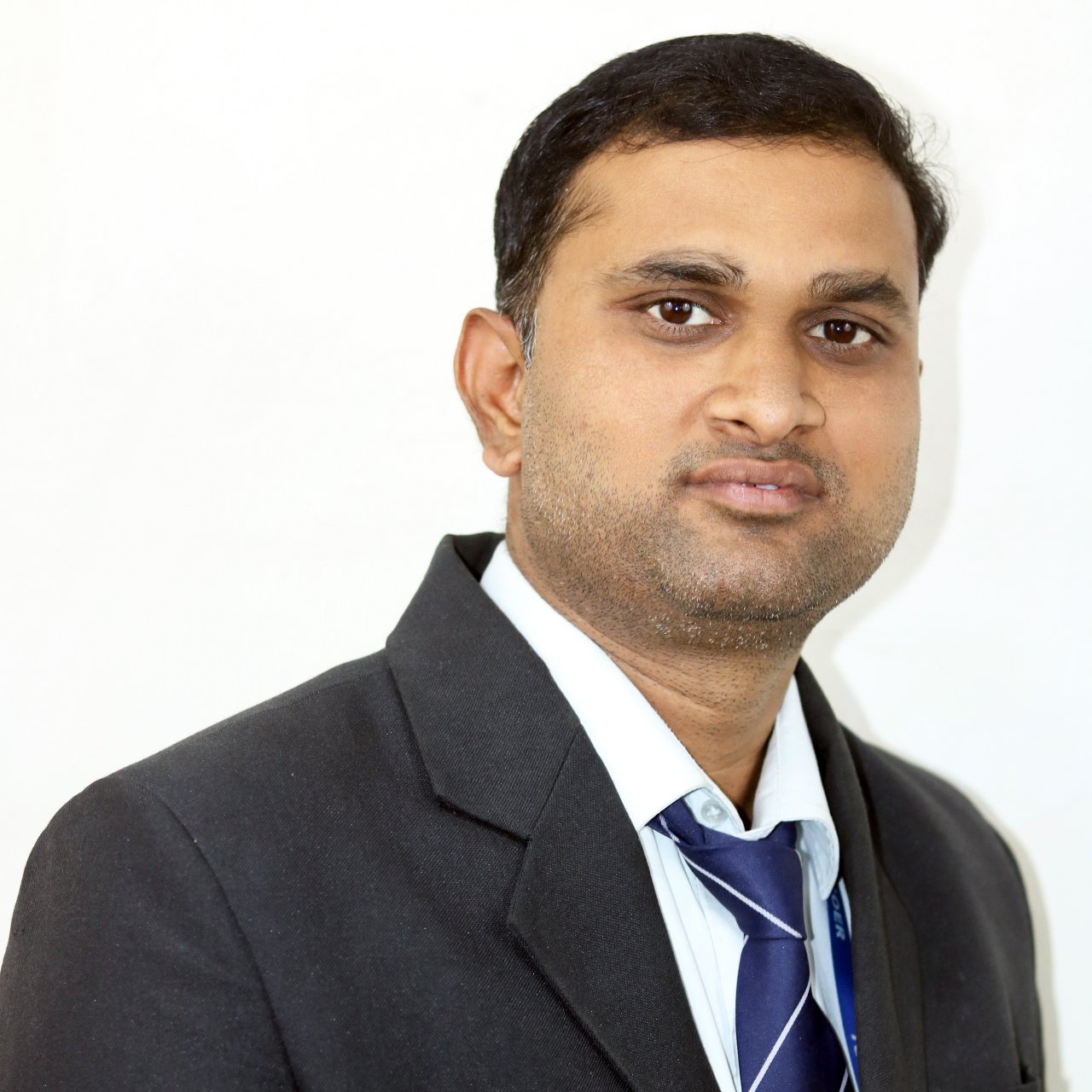

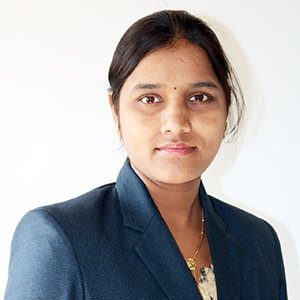

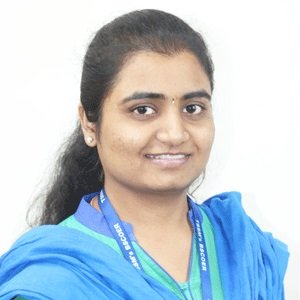

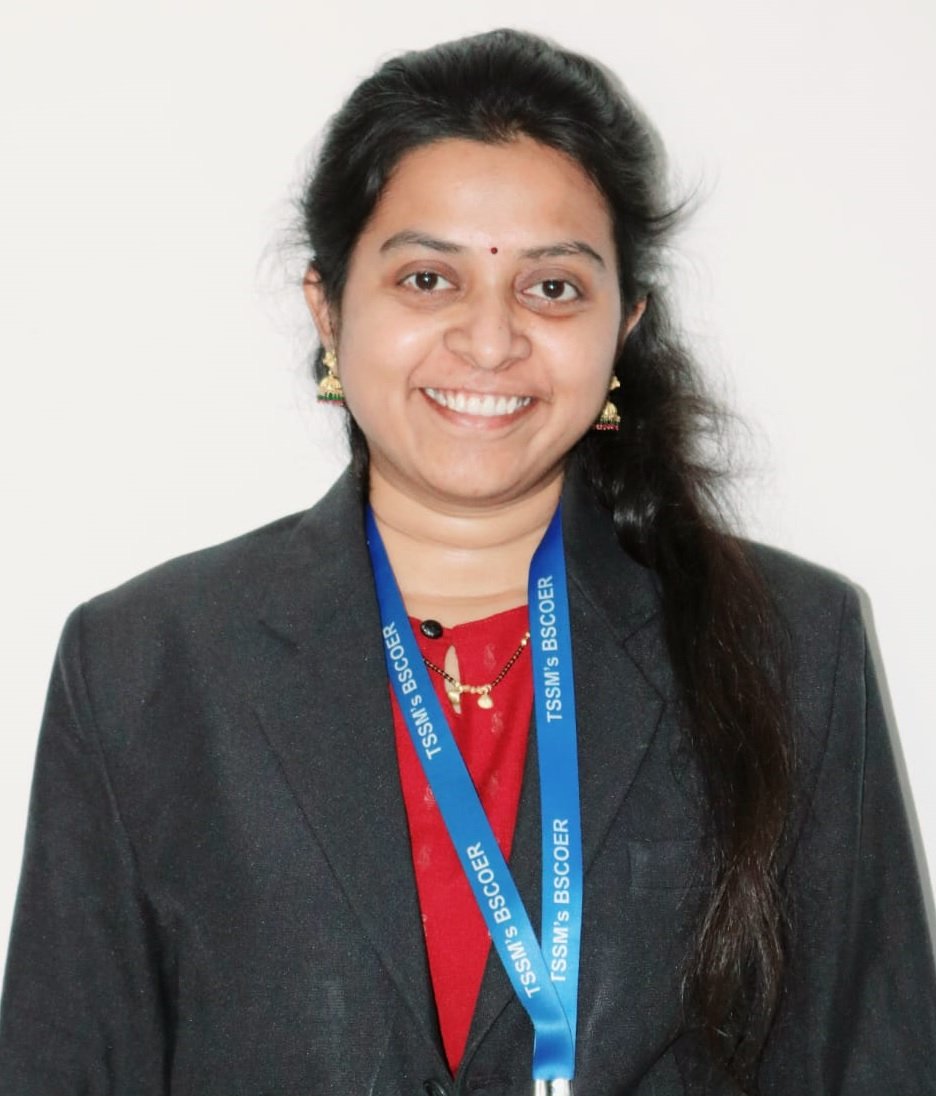
.jpg)
Basic Electronics Engineering Laboratory
Read MoreEngineering Chemistry Laboratory
Read MoreEngineering Physics Laboratory
Read MoreSelf Learning Lab
Read More